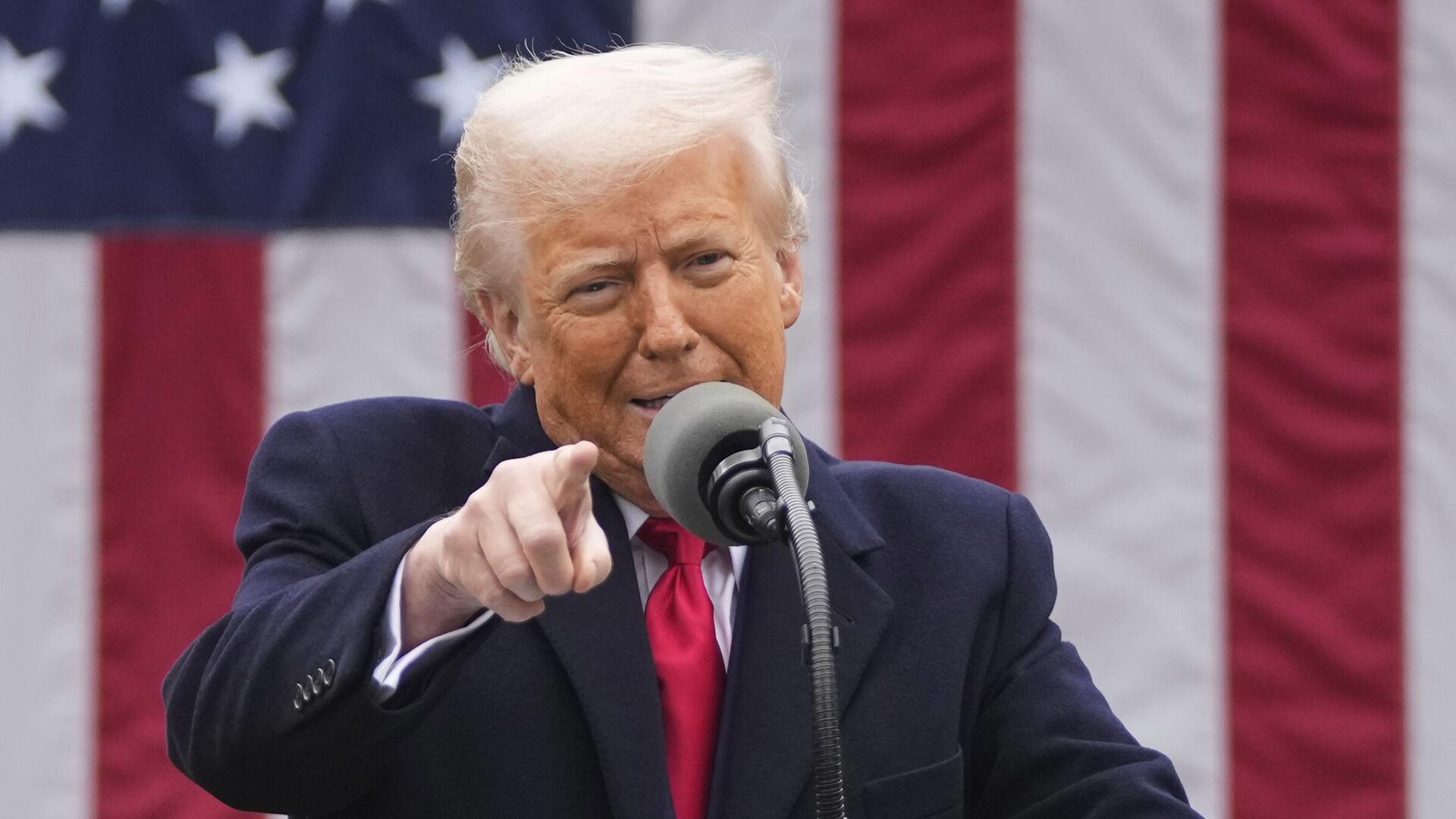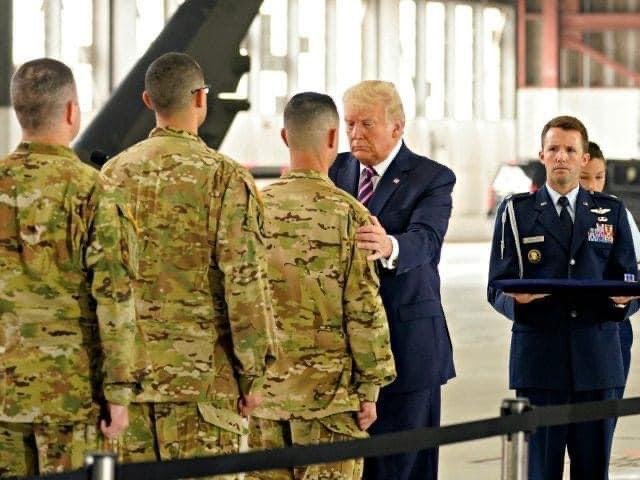🚨 Trump’s Shocking Plan to Flood D.C. with National Guard: Crime Crackdown or Federal Overreach?

Washington, D.C. is on the brink of a seismic shift as President Donald Trump is reportedly poised to deploy up to 1,000 National Guard troops to the nation’s capital in a bold and controversial move to combat what he calls an “out-of-control” crime wave. Sources, including one defense official and two U.S. officials, confirmed late Sunday night that Trump could announce this dramatic escalation as early as Monday, August 11, 2025. The announcement follows Trump’s fiery Truth Social post on Saturday, where he declared D.C. “one of the most dangerous cities anywhere in the world” but vowed it would “soon be one of the safest!!!”
The plan, which could see heavily armed troops patrolling D.C. streets, has ignited a firestorm of debate. Is this a necessary crackdown to restore order, or a dangerous power grab that threatens the city’s autonomy? The announcement comes on the heels of Trump’s claim that the White House will unveil a comprehensive strategy to tackle crime in the capital, a city he’s repeatedly criticized for its “ridiculous” levels of muggings, killings, and general disrepair. “We’re going to have to federalize D.C. and run it the way it’s supposed to be run,” Trump stated, hinting at a potential takeover that could upend decades of local governance under the 1973 Home Rule Act.
The catalyst for this drastic measure appears to be the recent assault on Edward Coristine, a 19-year-old former employee of the Department of Government Efficiency (DOGE), who was brutally attacked by a group of teenagers during an attempted carjacking on August 3. Trump, visibly shaken, described Coristine as a “beautiful, handsome guy” who “got the hell knocked out of him.” The incident, widely shared on social media, has fueled Trump’s narrative that D.C. is spiraling into chaos, despite official data painting a different picture. According to the Justice Department, violent crime in D.C. dropped 26% in the first half of 2025 compared to 2024, with homicides down 12% and carjackings down 37%. This stark contrast between Trump’s rhetoric and the numbers has sparked accusations of fearmongering.
Critics, including D.C.’s non-voting congressional delegate Eleanor Holmes Norton, have slammed the plan as an overreach. Norton argues that Trump lacks the unilateral authority to federalize the city without Congressional approval, warning that such a move could set a dangerous precedent for overriding local governance. Mayor Muriel Bowser, while acknowledging the president’s authority to deploy the National Guard, questioned its effectiveness, suggesting that federal resources would be better spent funding prosecutors or filling judicial vacancies. “Any comparison to a war-torn country is hyperbolic and false,” Bowser said on MSNBC, emphasizing that D.C. is not experiencing a crime spike.

Supporters, however, see the deployment as a long-overdue response to persistent issues. Posts on X reflect a polarized sentiment, with some users praising Trump’s “law and order” approach, while others decry it as an assault on civil liberties. One X user claimed, “Trump’s call for the National Guard is a desperate response to a city gone wild,” while another countered, “This move risks undermining local governance without clear justification.” The debate is further inflamed by Trump’s broader vision for D.C., which includes evicting homeless individuals “immediately” and relocating them “far from the capital” as part of his “D.C. Safe and Beautiful Task Force.”
The proposed deployment isn’t just about boots on the ground. Reports indicate that federal agencies, including the FBI, ICE, and the Department of Homeland Security, are already increasing their presence in D.C., with up to 120 FBI agents reassigned to overnight patrols alongside local police. The Secret Service and U.S. Park Police have also launched special operations, raising concerns about a militarized response to a city that’s statistically safer than Trump’s rhetoric suggests. “This is a city under siege—by its own president,” one senior district official told Reuters, highlighting fears of federal overreach.

As Trump prepares to address the nation at a 10 a.m. ET press conference on Monday, the stakes couldn’t be higher. Will this be a turning point for D.C., or a step toward authoritarian control? The plan’s legal and political ramifications are murky—while Trump can deploy the National Guard for up to 48 hours under the Home Rule Act, a full federal takeover would require Congressional action, a prospect that’s far from certain. Meanwhile, the city braces for a potential influx of troops, with residents and leaders alike questioning whether this is about safety or spectacle.
The announcement has already set social media ablaze, with hashtags like #DCCrime and #NationalGuard trending on X. Whether you see it as a bold move to restore order or a reckless power play, one thing is clear: Trump’s plan is a lightning rod for controversy, and the world will be watching when he takes the podium. Will D.C. become the “safest” city, as Trump claims, or will this spark a battle over the soul of the nation’s capital? Click to find out






